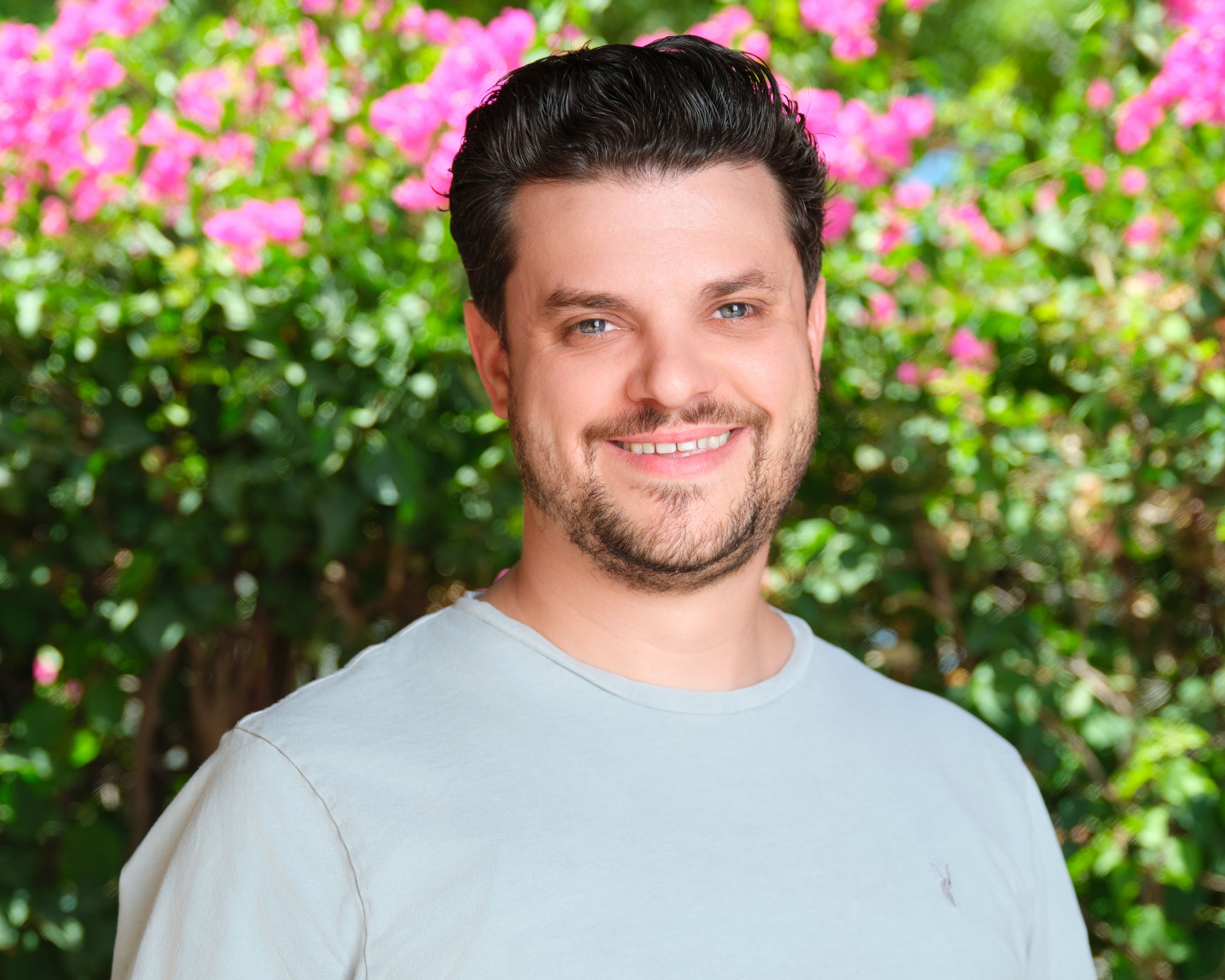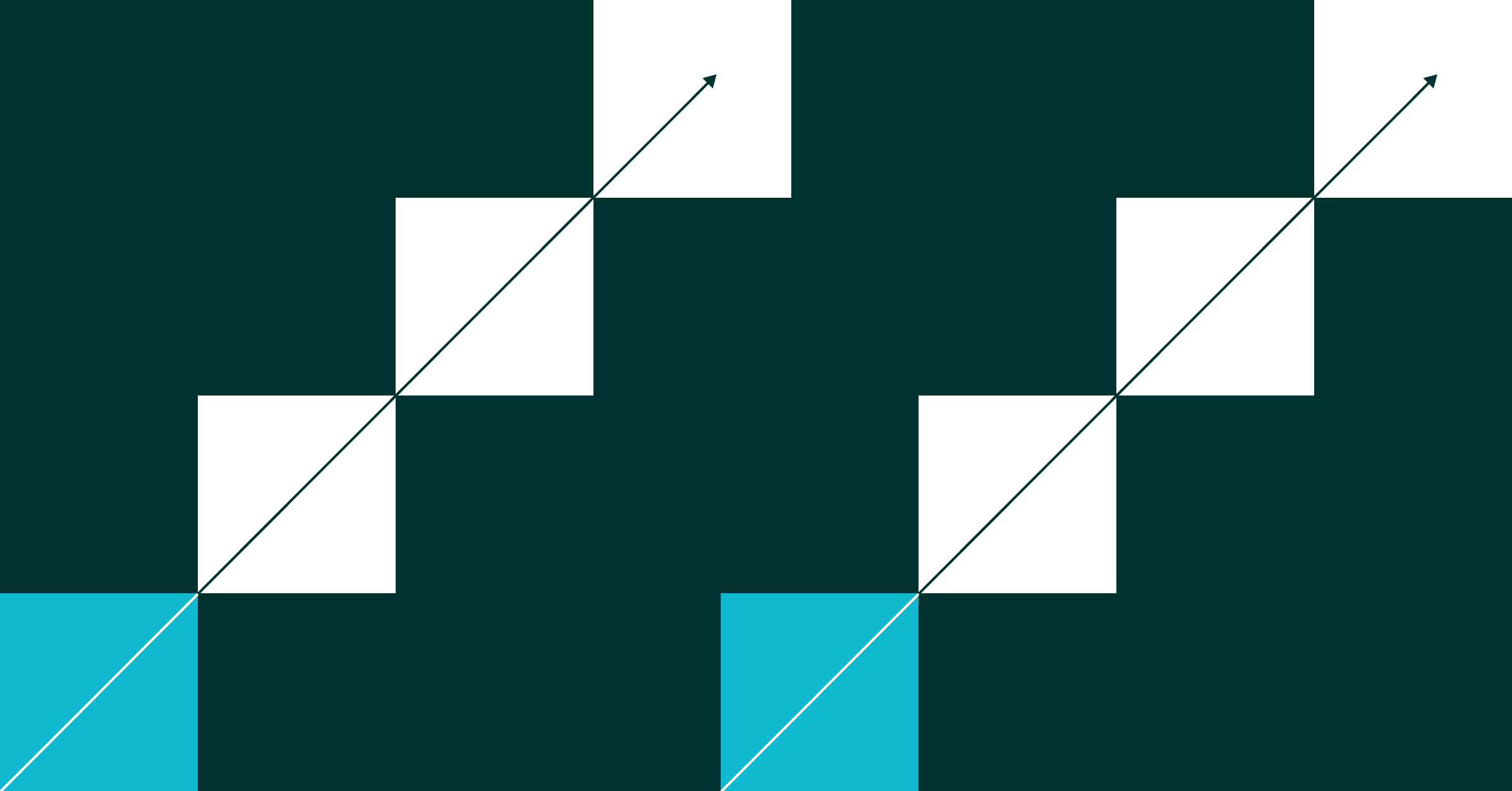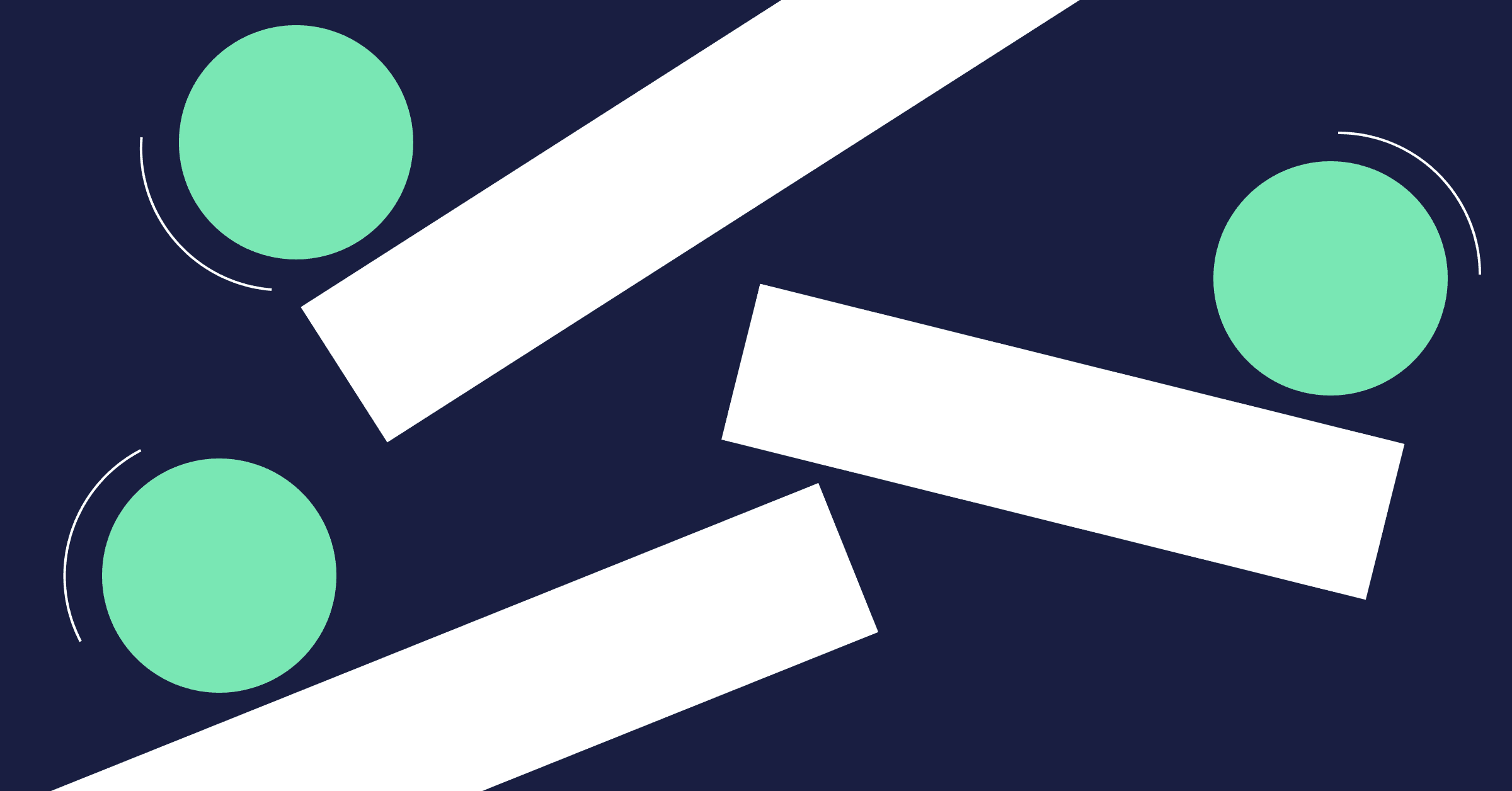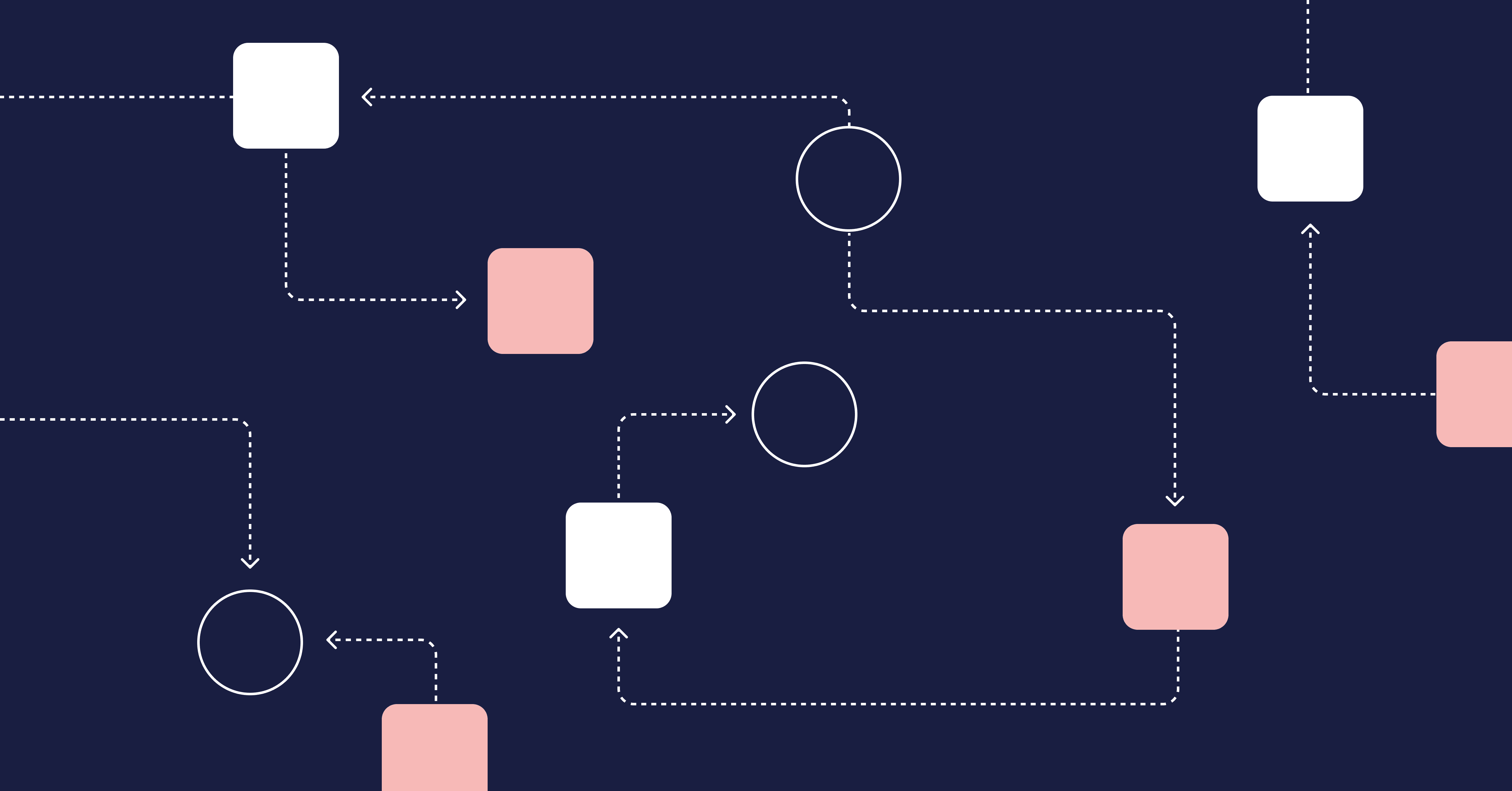Creating something from nothing, driving change, leading teams, continuous improvement; these things are demanding and require hard work.
The question is, what does it mean to work hard?
This is my burnout story. It is a demise and rise tale that captures my journey from endless, long hours to balance and high productivity.
Demise: Long Hours, Wrong Takeaway
There is a stereotype attached to productivity and success. “You need to work an insane amount of hours to be successful.” This idea is especially prevalent in startup culture.
Apple startup junkie stories (90-hour work week):
Pirates of Silicon Valley 90 HRS/WK T-Shirt
The legend, Elon Musk:
Work twice as hard as others
(check out his third piece of advice at 1:20, “work like hell”)
I got hooked on this type of mindset early in my career. My takeaway from the “work like hell” type of advice was simple. Work as many office hours as you physically can, and you will be successful.
At my lowest point, I remember my days and weeks looking like this:
- Wake up ~6am, check Slack. Any fires? How is my team doing?
- Definitely skip breakfast, no time for that, no appetite.
- 7am meetings with my team leaders overseas.
- Drive into work for the “normal” part of the day.
- Normal work starts, back-to-back meetings, feeling like I have no time.
- No lunch. Try to use this time to catch up.
- Mindset: Work, at least, until 7pm. That means you have put in a good day.
- Check Slack late at night (morning overseas).
- No vacations, can’t even remember taking days off.
- Also, work Sundays. At least mornings to meet with my team in Israel.
- Repeat in Beast Mode.
The best way to describe this lifestyle is, to quote Harvey Danger, “I’m not sick, but I’m not well”. The saddest part about all of this is that I took pride in the amount of hours I was working.
This article explains why these habits are so unhealthy. Ultimately, by behaving in the manner described above e.g. too many hours worked, burnout causing low quality output, etc., I was doing a disservice to myself and the people around me.
Slowly, I began to realize I needed change as I physically and mentally became incapable of maintaining this pace. The quality and speed of my decision making, output, and creativity had deteriorated. Not to mention the deterioration of my general health, well-being, and feeling of purpose.
I had to try something to improve, but, in that moment, I didn’t know what to do.
Recovery: Reflection and Research
Post Cisco/Cloudlock and prior to Co-founding Linear B, I took time off to reflect and learn. In a situation where I know there is an issue, but do not know how to solve it, I turn to research and experience to get my bearings.
I began attending workshops/improvement sessions at the following places:
- Kripalu “center for yoga and health”
- Shamangelic healing with Anahata Ananda
- Sagrada Wellness retreat
Never in my life had I participated in anything like a yoga retreat, or a breathwork ceremony. For experiences like these, as with most things, you are either ready for it or you are not, and I was. Each one was an amazing learning opportunity.
My biggest takeaway from these retreats was realizing I had the ability to dramatically increase my productivity inside and outside of work by focusing on mind and body wellness. I stumbled upon a clear-cut competitive advantage and it was shocking to me how little this concept is emphasized in the workplace.
In parallel to these activities, I was in productivity research mode. Here are a few topics I explored and what I found to be the most helpful, for me.
Sleep and Productivity:
Why We Sleep – Joe Rogan Experience with Matthew Walker
“Sleep is the greatest legal performance enhancing drug that people are neglecting”
Meditation and Productivity:
Why Meditation Makes You More Productive
There is so much written on productivity and meditation. Obvious competitive advantage.
Diet and Productivity:
The Scientific Link Between Healthy Eating and Productivity
When I eat well, my thought processes and creativity spike. When I don’t eat, I’m an asshole.
Exercise and Productivity:
How to Increase Your Productivity by 21% with Exercise
“Low-intensity exercise reduced fatigue better than a high-intensity workout.”
Long Hours Cliff and Productivity:
Do “Work Martyrs” Actually Get More Done?
Productivity is about quality not quantity.
Limitations and Productivity:
How to use restrictions as a productivity tool
Applying limitations, like time constraint, can increase productivity and creativity.
Positive Mindset and Productivity:
The Winning Mindset on Aubrey Marcus
“Life is a bunch of At Bats” (one of the many reasons to enjoy Baseball, btw.)
This stuff matters! Taking care of your physical and mental health makes a difference. Sure, you can nitpick the research and data, but it’s way more simple than that. Put in the effort to acquire wellness skills and habits. After incorporating it consistently into your life, you will feel the productivity gain within weeks, if not sooner.
Rise: Productivity Tips and Tricks
The trauma created from extreme burnout gave me an opportunity for self-improvement. Hitting rock bottom can actually be a great thing. Below is my evolved productivity mindset and the improvements I have been able to incorporate into my new routine.
Be conscious of productivity over hours worked.
Why? Number of hours worked doesn’t actually matter. Delivering consistent high quality work, creativity, and decision-making does matter. Put emphasis on the things that matter.
Productivity improvement is part of “working hard”.
Why? This is the part I missed earlier in my career. Putting in a solid amount of hours is table stakes to me, at this point. It is too easy. Consistently improving productivity is tough. Time spent improving productivity for the long term is the new “working hard”.
Having a productivity game plan is a competitive advantage.
Why? Where I grew up, people are not skilled in utilizing techniques to improve productivity. The mentality is, “work as much as you can, you will be praised”. Take advantage of this misconception.
I identified five main areas of my life that needed a lot of work. Over time, I was able to change the destructive behaviors and form new, healthier habits.
1) Diet: Eat Breakfast, Lunch and Dinner.
Amazing productivity boost for me. My diet used to be skipped breakfast, orange soda, and Reese’s Fast Break for lunch, Kel style. When I eat on a consistent basis, I’m faster, more creative, and make better decisions. When I do not eat, I’m an asshole.
2) Meditation: I’ve integrated this into my routine big time.
I used the book Success Through Stillness to learn how to meditate. Meditation is like a mental cleanse. It allows me to see the future with clarity and removes the brain fog. I highly recommended this prior to going into team collaboration sessions.
3) Limitations: Incorporate time constraint
Having the perception of endless time is a negative, for me. It makes me lose efficiency, quality, and creativity. I have found that I work best in 1.25-1.5 hour time chunks. Taking 15-30 minute breaks in between each chunk creates an optimal day.
4) Sleep: Favoring sleep over “pushing through”.
I used to think that sleep was for suckers. Working super late was a badge of honor. No more. To be at my peak, I need about 7.5 hours of sleep. I’m choosing to get this amount of rest to increase my productivity.
5) Social: Engage with 1 new person every Friday.
I have found that meeting new people leads to productivity gains. When I expand my network and have a 30 minute chat with someone new, I learn something, unique ideas come to light, and I’m happier. Try this, it works.
By the way, I measure all of this. Don’t believe me? Here is the system I use. Hitting 35-40 points per week is my target.
I don’t want to give the impression that I‘m now perfect at everything I neglected over the last decade. For example, I am still terrible at exercising. However, improvement, not perfection, is the name of the game. It took me over a year to develop all of the new habits listed above, and I am still working hard to continuously incorporate them into my life. This is real hard work, and I am excited to keep reaping all of it’s productivity benefits.




